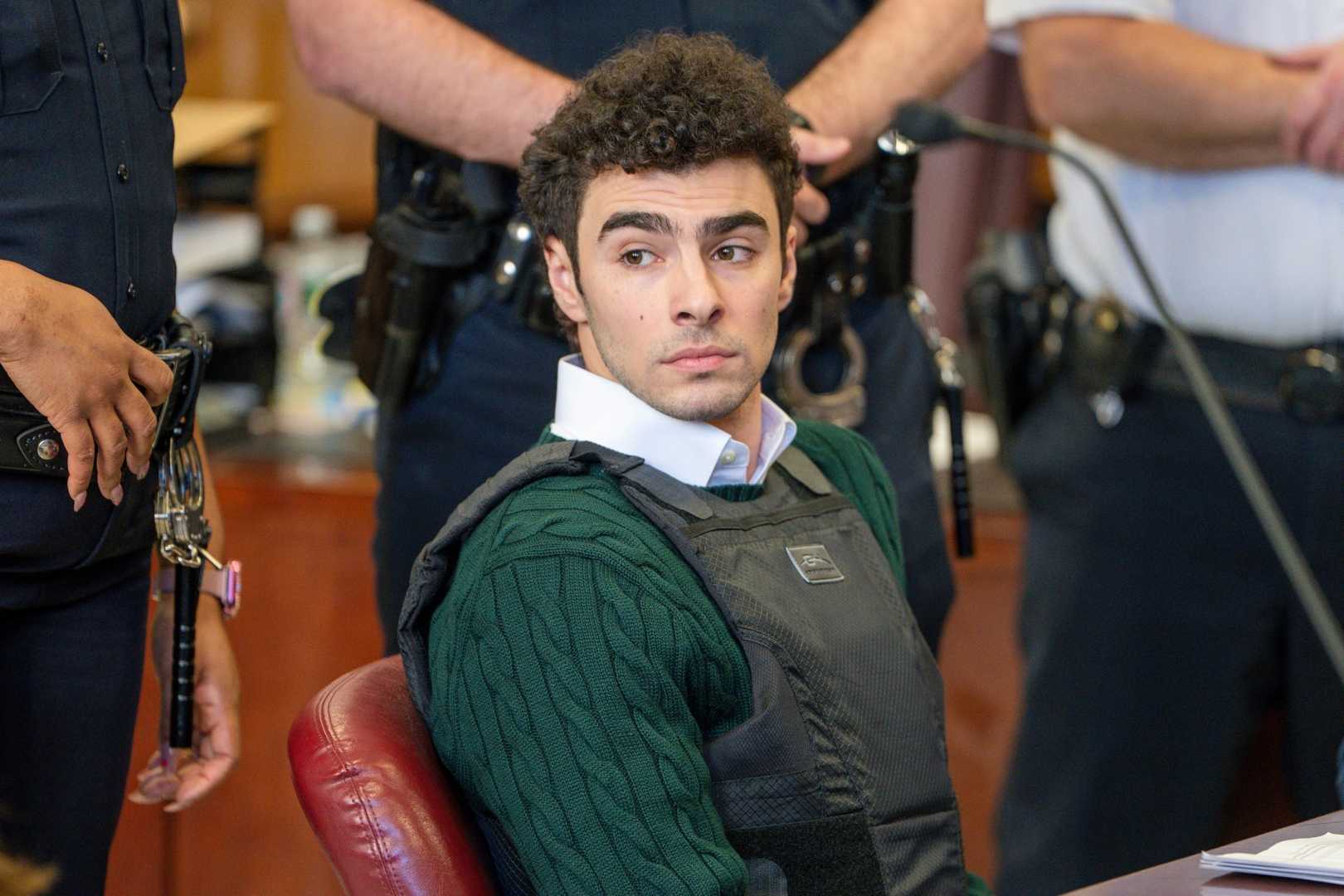News
Controversial Death Penalty Case Against Luigi Mangione Raises Legal Questions

NEW YORK — A federal death penalty prosecution against Luigi Mangione has sparked legal controversy and raised questions about the procedures being followed. Mangione, charged with the murder of UnitedHealthcare CEO Brian Thompson in December 2024, is facing a parallel state case that alleges he committed murder as an act of terrorism.
On September 16, Judge Gregory Carro dismissed the terrorism charges against Mangione in the state case but kept the second-degree murder charges. His attorneys argued that pursuing both cases amounts to double jeopardy, a claim the judge rejected, stating it was premature to determine such an issue.
This legal battle began when Mangione allegedly shot Thompson in a crowded area as he arrived for a business event, an act prosecutors have labeled as a “premeditated, cold-blooded assassination.” In a notable announcement, U.S. Attorney General Pam Bondi directed federal prosecutors to seek the death penalty, framing the act as significantly politically motivated.
During his initial court appearance, Mangione’s lawyers requested that the state murder charges be dismissed and that evidence collected during his arrest—such as a handgun and a notebook—be excluded. They argue this evidence supports their claim of double jeopardy, complicating their ability to build a defense against both the federal and state charges simultaneously.
The federal indictment against Mangione emerged following an intense investigation, which included his alleged writings expressing intentions to kill Thompson as part of a broader critique of the healthcare industry. Prosecutors cited a confession letter in which he declared that “it had to be done” and described his intent to rebel against what he termed a “greedy health insurance cartel.”
Bondi’s aggressive pursuit of the death penalty in this case has not gone unnoticed. Legal experts have weighed in, asserting that the government’s actions could violate Mangione’s constitutional rights to due process. Defense attorneys contend that the government’s handling of the case, including their announcements and the manner of procuring evidence, deviates from established norms in capital cases.
The controversy around the case continues to garner public attention, with many supporting Mangione, viewing him as a symbol against perceived injustices in the healthcare sector. Supporters have appeared in significant numbers at court hearings, cloaked in green to represent the popular video game character, Luigi.
As the legal proceedings advance, the court’s decisions will be critical in determining the future of both the state and federal charges against Mangione. The implications of these decisions extend beyond this case, likely shaping precedents for future capital punishment cases in the U.S.












